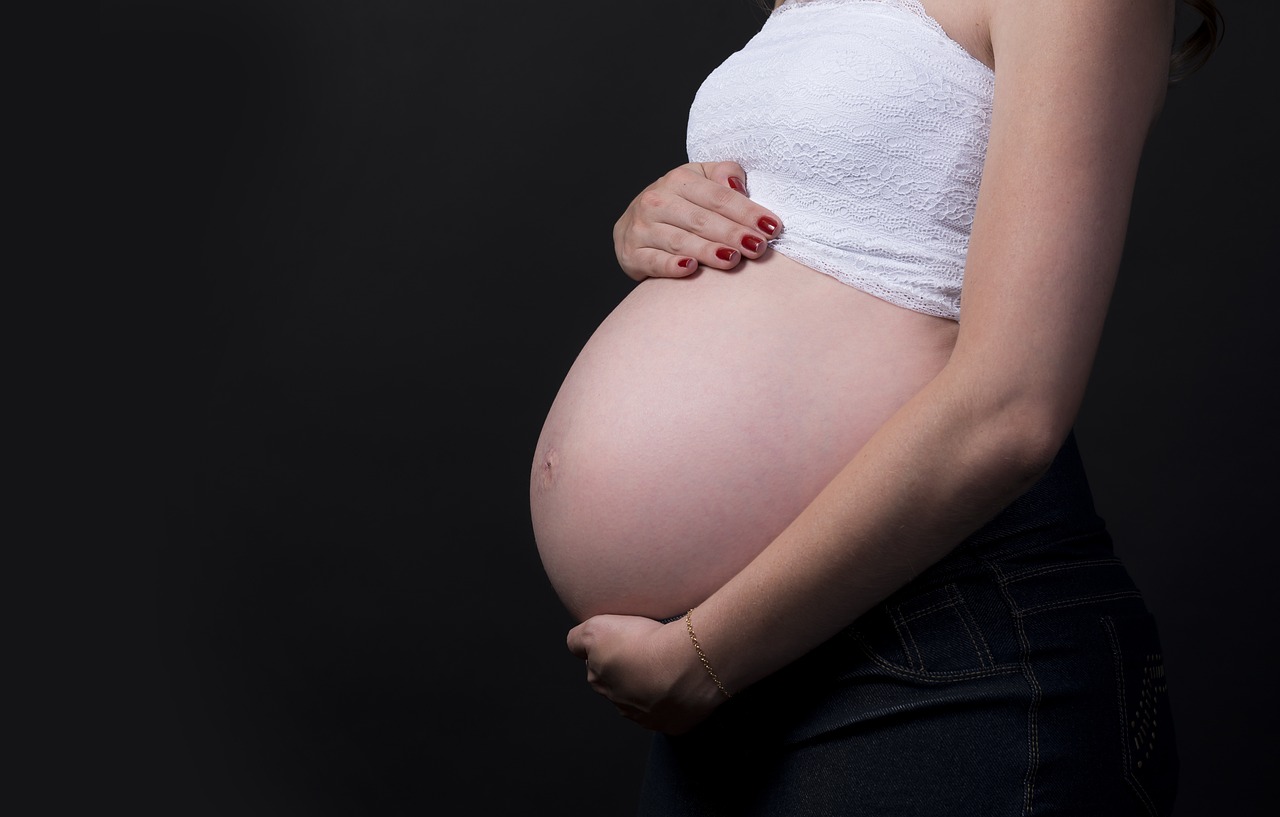Science/Tech
Maternal Stress During COVID-19 Linked to Altered Infant Brain Development

pregnancy during Covid pandemic | (Photo : Image by Daniel Reche from Pixabay)
Infants born to mothers with elevated levels of anxiety and stress during the COVID-19 pandemic showed significant differences in brain development, according to a study by researchers from Children's National Hospital in Washington, DC.
Using magnetic resonance imaging (MRI), the research team compared regional brain volumes of 159 infants born during the pandemic (June 2020 to June 2022; 56 newborns) with those of healthy infants recruited before the pandemic (March 2014 to December 2019; 103). Maternal distress levels were assessed using the Spielberger State-Trait Anxiety Inventory and the Perceived Stress Scale.
In the research published in JAMA Network Open, the study cohort had a median gestational age of 39.6 weeks, with mothers averaging 34.5 years old. Among the infants, slightly over half (52.2%) were female. Ethnic breakdown showed 55.3% of mothers were White, 27.7% were Asian, Hispanic, or multiracial, and 17.0% were Black.
Compared to the prepandemic cohort, a significantly higher proportion of mothers in the pandemic group scored above thresholds for anxiety (61.8% vs. 21.1%) and stress (69.1% vs. 24.7%). This heightened psychological distress correlated with notable reductions in white matter, right hippocampus, and left amygdala volumes in newborns.
Specifically, infants of mothers with elevated distress exhibited median decreases in white matter (-0.36 cubic centimeters [cm3]), right hippocampus (-0.35 cm3), and left amygdala (-0.49 cm3) volumes compared to those with lower distress levels. Even after adjusting for pandemic-related factors, elevated maternal anxiety and stress remained significantly associated with reduced left amygdala volumes and white matter in infants.
"The extent to which these neonatal brain findings serve as early indices of risk for later social and emotional development are unknown," the researchers noted according to The University of Minnesota website. "Further studies into the long-term impact on offspring development are needed and currently under way."
Current research endeavors are underway to explore the enduring impacts of these early brain alterations on children's emotional and social well-being, underscoring the importance of continued investigation into this critical area of study.








Join the Conversation